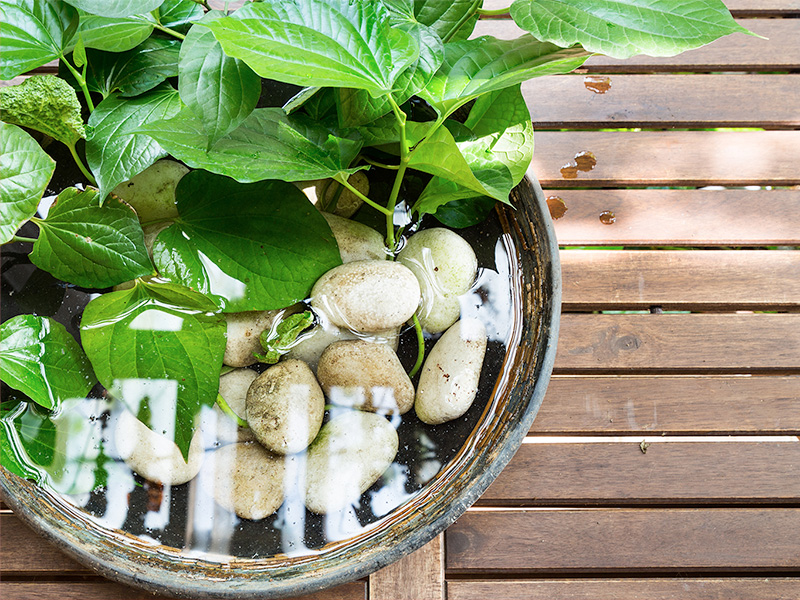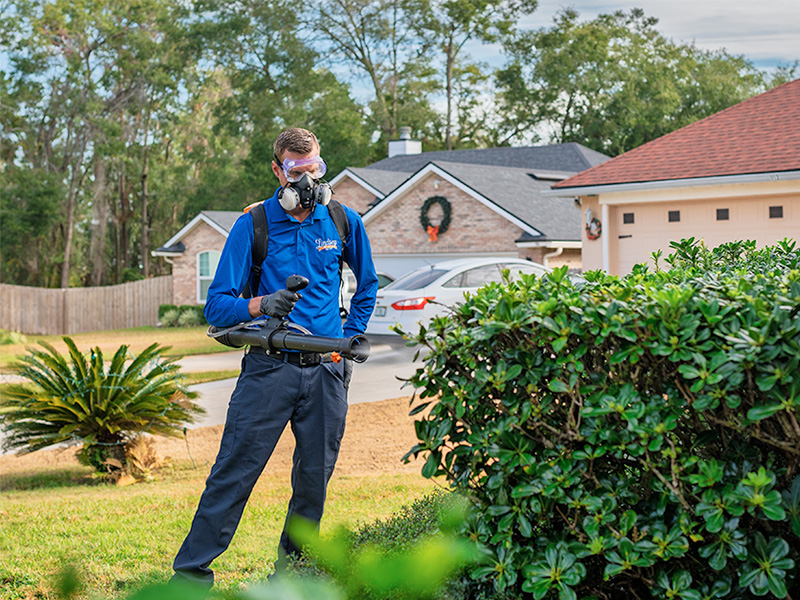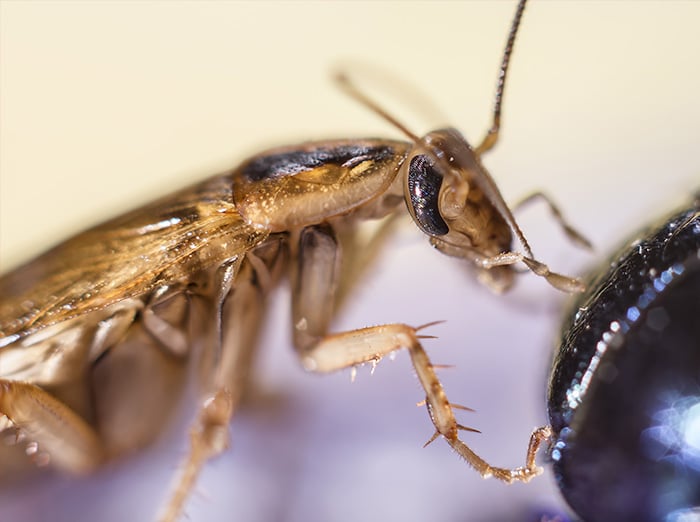Year-Round Prevention Strategies For Jacksonville Mosquitoes
Do you know when mosquito season is in Jacksonville? If your answer was, "Mosquito season never stops," you're almost exactly right. Mosquitoes can be active in Jacksonville all year long, and mosquito season never really ends, but mosquitoes can grow dormant when temperatures dip below 50 degrees. This may only happen a few days between December and March, but it happens. When it does, it might feel like mosquito season is over. Sadly, it isn't. We can get 80-degree weather even in January, our coldest month. This can wake those mosquitoes up and have them roaming around in your yard looking for a blood meal. But, typically in our area, mosquitoes are most active between March and November. Here are some of the best tips we have for preventing mosquito bites all year long in Jacksonville.
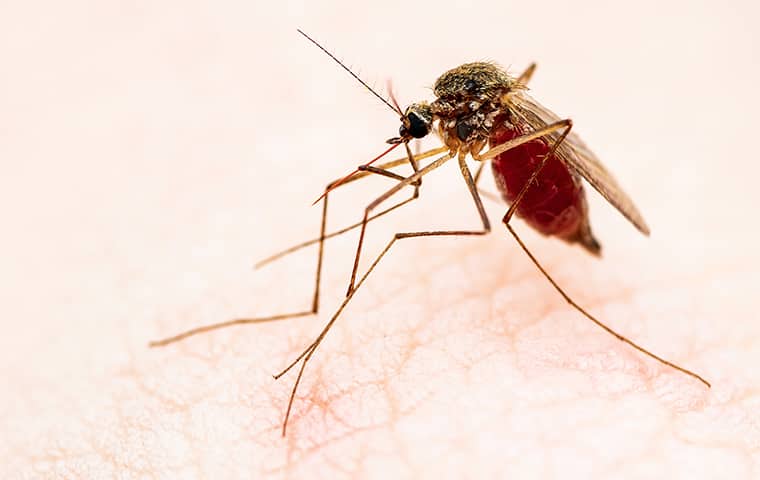
Address Stagnant Water
Most mosquitoes in Florida breed in stagnant water; if you have stagnant water in your yard, you're going to have more mosquitoes. Inspect your yard and do the following:
- Get rid of containers in your yard that can hold rainwater. This doesn't just refer to cups, bowls, or jugs. A lawnmower could be a container. If water sits stagnant for more than a week, mosquitoes could be produced.
- Store items away or remove them from your property to prevent mosquito reproduction.
- Cover objects that can capture rainwater so that the water is channeled to the ground. For example: If you don't have a shed for that lawnmower, you could store it under a slanted tarp.
- Turn kiddie pools over when they're not being used.
- Poke a hole in the bottom of a tire swing to allow drainage, and implement similar augmentations to water-holding objects in your yard.
- Put fish in birdbaths. Goldfish work great for preventing mosquito development in stagnant birdbaths.
Reduce Moisture
Mosquitoes need a lot of moisture. We encourage you not to give it to them. You can do this by keeping your landscaping dry. Here are a few suggestions:
- Put space between your plants to allow for good airflow to help keep the topsoil dry.
- Make sure your gutters are clear and in good working condition. Mosquitoes can breed in the puddles formed by obstructions and overflow.
- Trim branches or fronds on trees to allow the sunlight to dry areas around your home that are densely shaded.
- Set sprinklers on a timer to prevent over-saturation of the ground.
- Keep organic debris raked up.
Reduce Plants
Mosquitoes need sugar more than they need blood. They get this sugar from plants. The more plants you have in your yard, the more mosquitoes you're likely to have. Mosquitoes will get into your vegetation, use their mouthparts to suck sap from plant stems, and then hide in your plants until you stroll by. Consider thinning out your landscaping, making it less inviting to mosquitoes.
Introduce Mosquito-Resistant Plants
Many plants repel mosquitoes. A few of them are citronella grass, lavender, marigolds, catnip, rosemary, scented geraniums, and basil. If you plant these in your landscaping, you can make your yard more resistant to mosquitoes. Keep in mind that this isn't just a set-it-and-forget-it suggestion. Many of these plants need some interaction to do their job well. You'll need to rub your hand over your plants to release the mosquito-repelling scent into the air, or you'll need to rub leaves on yourself to get the oils on your skin.
The Best Way To Reduce Mosquitoes
There is no better way to reduce mosquito activity in your yard than to invest in professional mosquito control. Routine treatments applied to key areas in your yard will do a far better job of driving mosquitoes away than mosquito-repelling plants. Plus, you won't have to rub your plants to see the benefit. Routine treatments also work to prevent mosquitoes from reproducing in your yard.
If you enjoy going out into your yard but don't enjoy being eaten alive by mosquitoes, we can help make your yard a no-fly zone for mosquitoes. Reach out to us today to learn more about mosquito control from Lindsey Pest Services.
Get Your Free Pest Control Quote Today!
Complete the form below to get started with your free, no-obligation quote, and a Lindsey Pest representative will contact you shortly.
Same Day Service Available!
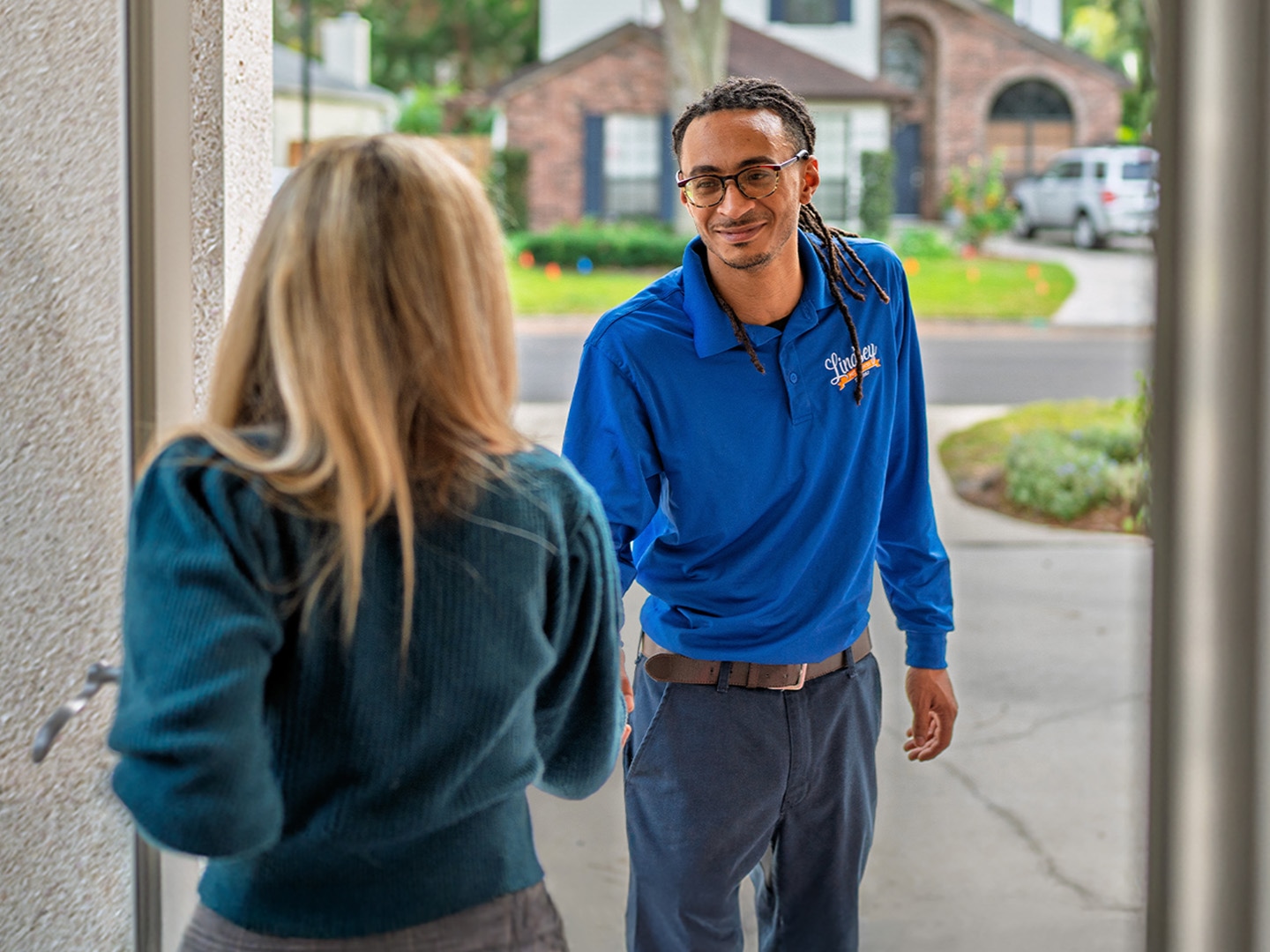
Blog Posts








